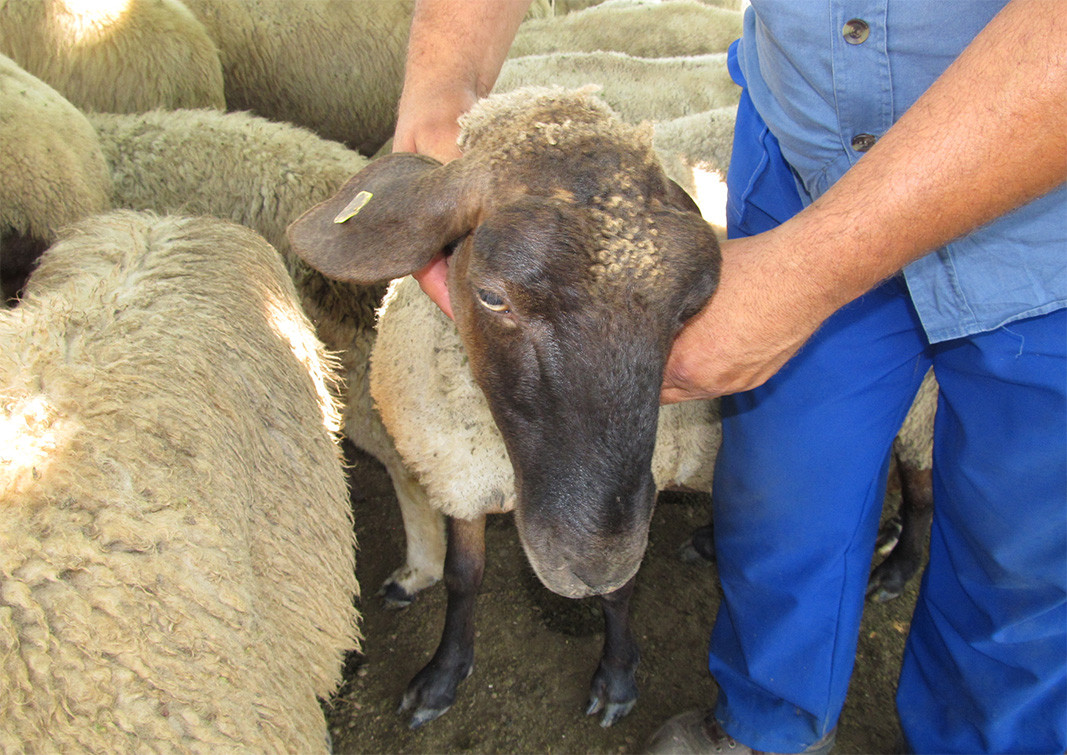“Bulgarian stockbreeding is dying unless we take urgent steps to save it,” representatives of the farming sector state in a declaration sent to politicians in Bulgaria. They say that the budget for the livestock sector must be doubled.
“Aid amounting to 200 million Leva was planned for 2022 to save the production of Bulgarian fruit and vegetables, dairy products, meat, eggs, honey, vineyards, oil-producing roses. The increased insurable earnings threshold for small producers, who do not have high enough earnings to cover this requirement, must be reconsidered,” reads an open letter signed by 33 professional organizations. The letter brooks no delay, as all farming activity is affected by the high inflation and reduced consumption.

Livestock breeders sounded the alarm that the sector will soon suffer irreversible damage – they started destroying animals last year. They say the biggest problem is feeding the animals. The inflation and the rising prices of electric energy quickly pushed fodder prices up. In regions like the Rhodopes, where no fodder is produced, the cost of livestock breeding is even higher. This will inevitably affect the price of the products that will reach the market in the spring.
“Bulgarians’ purchasing power is by no means high, that is why we cannot afford to raise the price of lamb so much,” Boyko Sinapov from United Bulgarian Livestock Breeders says in an interview for BNR-Kurdzhali:

“The situation is highly critical right now. Every day I talk to colleagues who are destroying animals. Across the country farms are closing, people are struggling. I am very worried by this difficult situation – whether we are going to survive or not. Flocks are being destroyed and unless the state intervenes we are going to lose part of our livestock breeding sector. We expect to be able to take advantage of an emergency Coved measure soon, as all neighbouring countries have been doing. Now is a good time to apply it in this country as well.”

Sheep breeders in Bulgaria on the other hand are outraged by the funding the government has allocated under the De Minimis scheme. They say that rather than being of any help to small livestock breeders, the sum is a mockery. “We now receive 11 Leva per animal (EUR5.62) and that can only cover the cost of one bale of alfalfa,” Simeon Karakolev, head of the National Sheep and Goat Breeding Association says in an interview for the BNR’s Horizont channel.
“It is a difficult situation, the price of fodder went up back in the summer of last year, and these past few months we have been seeing very severe inflation, the prices of practically all raw materials have soared. It was our belief that for small livestock and ruminants the aid must not fall below 30-40 Leva per animal (EUR15.34 - 20.45). We expect to see the state intervening adequately. It is the position of the ministry that within the next two months Covid aid will be applied, so as to compensate, right away, for the lower De Minimis aid we are getting.”

According to Simeon Karakolev, the requirement to almost double the insurable earnings threshold is an additional burden. This is a measure that will affect most of all small farms – around 20,000 in number in Bulgaria.
Interviews by Horizont channel and BNR-Kurzdhali
Editing by Gergana Mancheva
Photos: BGNESProperty prices on the Black Sea coast have risen by 20%, Nova TV reported, citing major real estate agencies in the Burgas region. Most of the buyers are from Bulgaria and are looking to buy large apartments as an investment, mainly for holiday use...
Cooperation between Bulgaria and China in the field of agriculture and food is very active and is constantly expanding. This was stated at a meeting in Sofia between Deputy Minister of Agriculture and Food Lozana Vasileva and Wan Lejun, Chief Animal..
Bulgaria is making good progress toward joining the Eurozone, as inflation is decreasing towards the threshold set by the criteria, European Bank for Reconstruction and Development President Odile Renaud-Basso said in an interview with BTA. The..
Property prices on the Black Sea coast have risen by 20%, Nova TV reported, citing major real estate agencies in the Burgas region. Most of the buyers..

+359 2 9336 661
